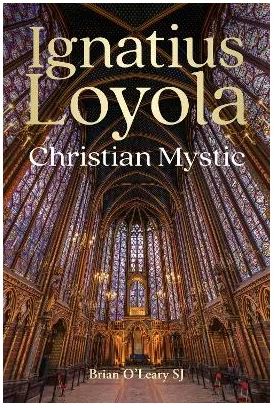Ignatius Loyola: Christian Mystic
9781788126489
Book
$39.99
In stock
Interest in mysticism is increasing at a time when commitment to religious institutions is in decline. Mysticism, in the eyes of many, evokes the free workings of the Spirit, while churches as institutions evoke rigidity and control. That this is a distorted picture is somehow beside the point - perception often sways people more powerfully than reality. And reading the mystics, it is being discovered, benefits everyone, whether Church member or agnostic.
Not too long ago Ignatius Loyola would not have appeared on a list of Christian mystics. He would have been described as a soldier-saint, the author of the Spiritual Exercises, the founder of the Society of Jesus (Jesuits), a skilful organizer whose principles of governance are still studied in schools of management. If his inner life were being spoken of, he would have been placed among the ascetics rather than the mystics. Even the Spiritual Exercises were given a predominantly ascetical interpretation.
Today, all that is changed. Ignatius is recognised as a major mystic in the western Christian tradition. He is now given a place beside Teresa of Avila and John of the Cross. His other qualities and achievements are not downplayed as a result, but they are seen in a new light -- as flowing from the deep inner fountain that is his mystical relationship with God. The texts in which he speaks of these mystical experiences are given renewed attention - what happened at Loyola, Manresa, La Storta, and Rome. The Autobiography and Spiritual Diary, in particular, describe the events and their context, while in a more indirect way, the Spiritual Exercises are an invaluable source to be mined.
In his new book, O'Leary offers a clear and accessible account of what we now know about Ignatius as a mystic. Drawing on his own familiarity with the sources, he opens up for us the inner life of Ignatius in so far as it can be known. He also hopes that the reader will resonate with something of what Ignatius is describing, thus making their reading truly transformative.
